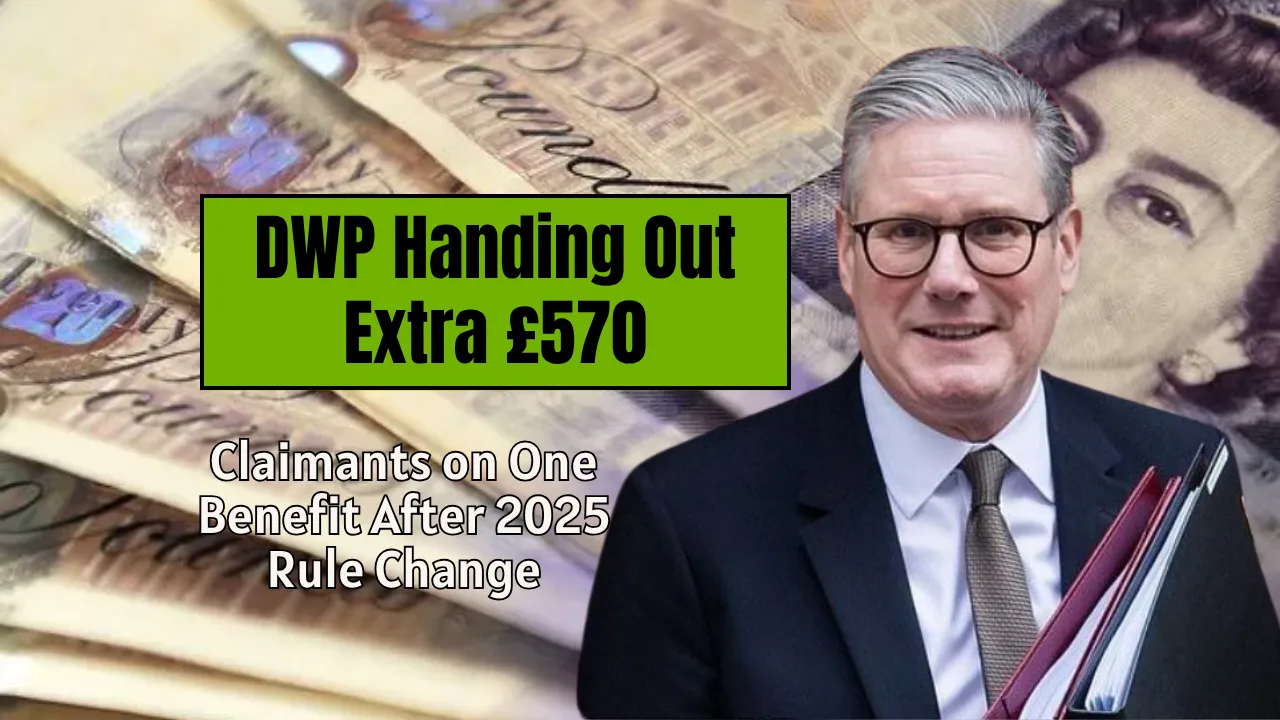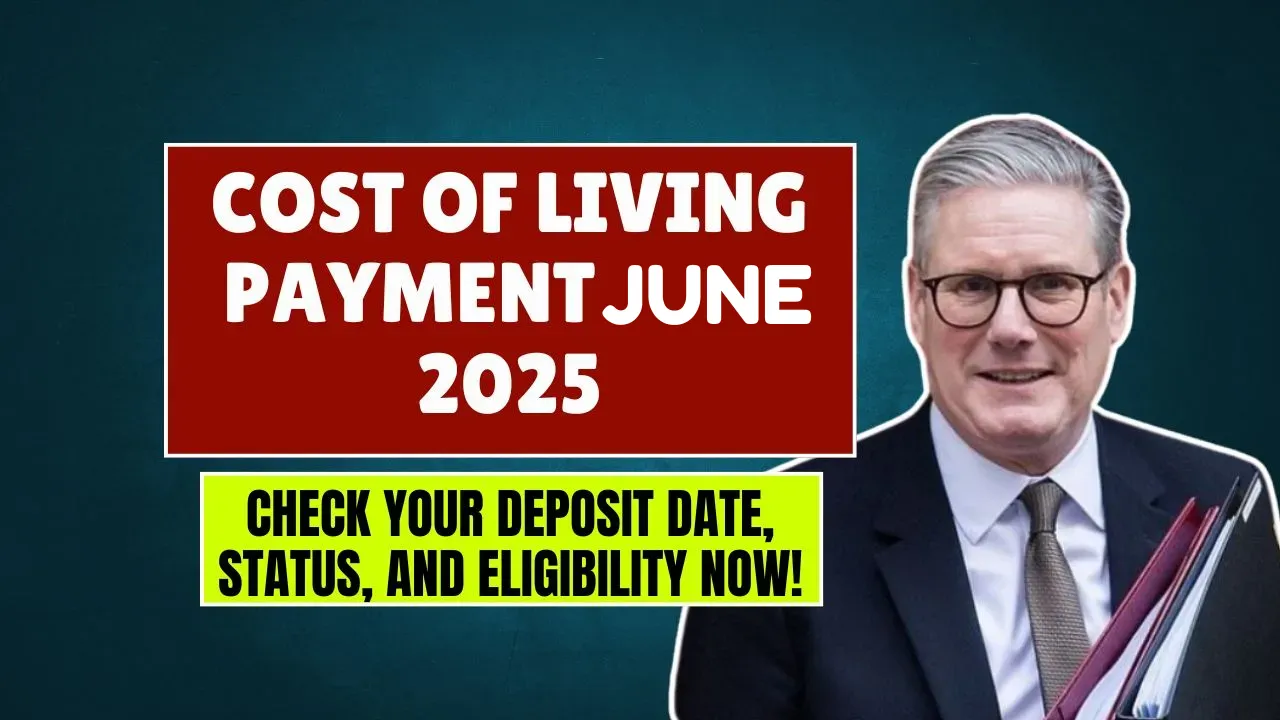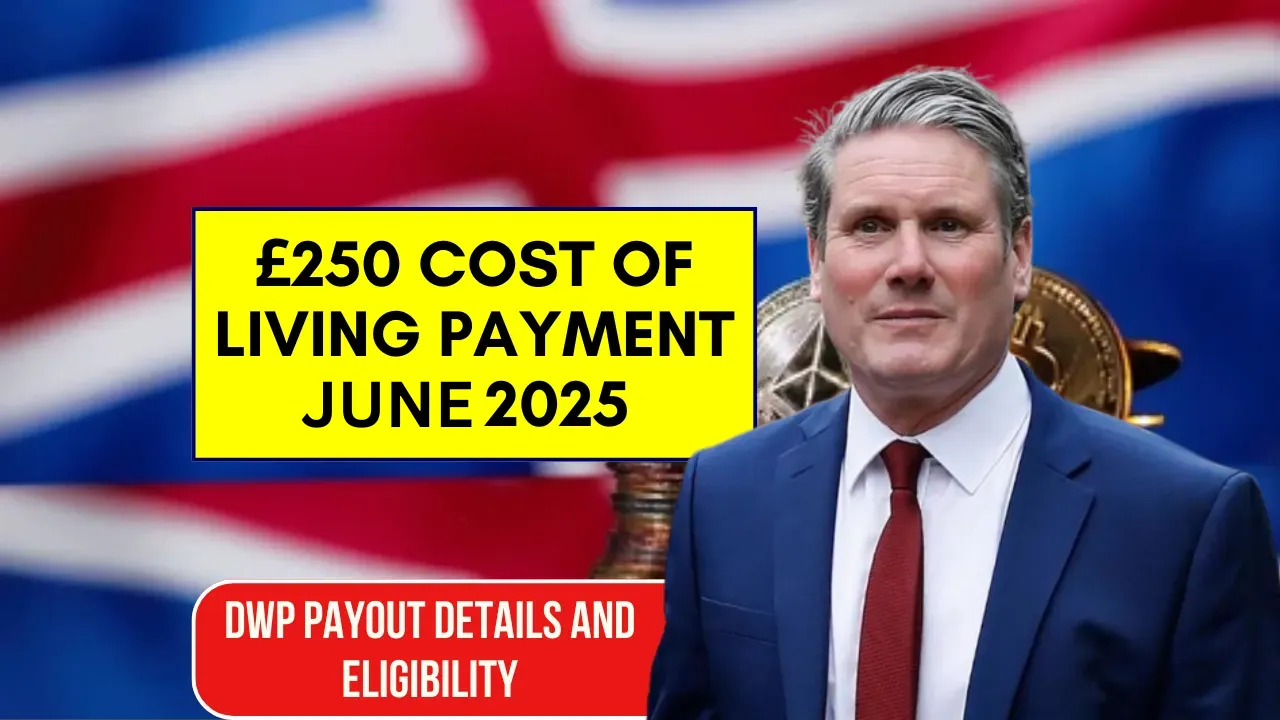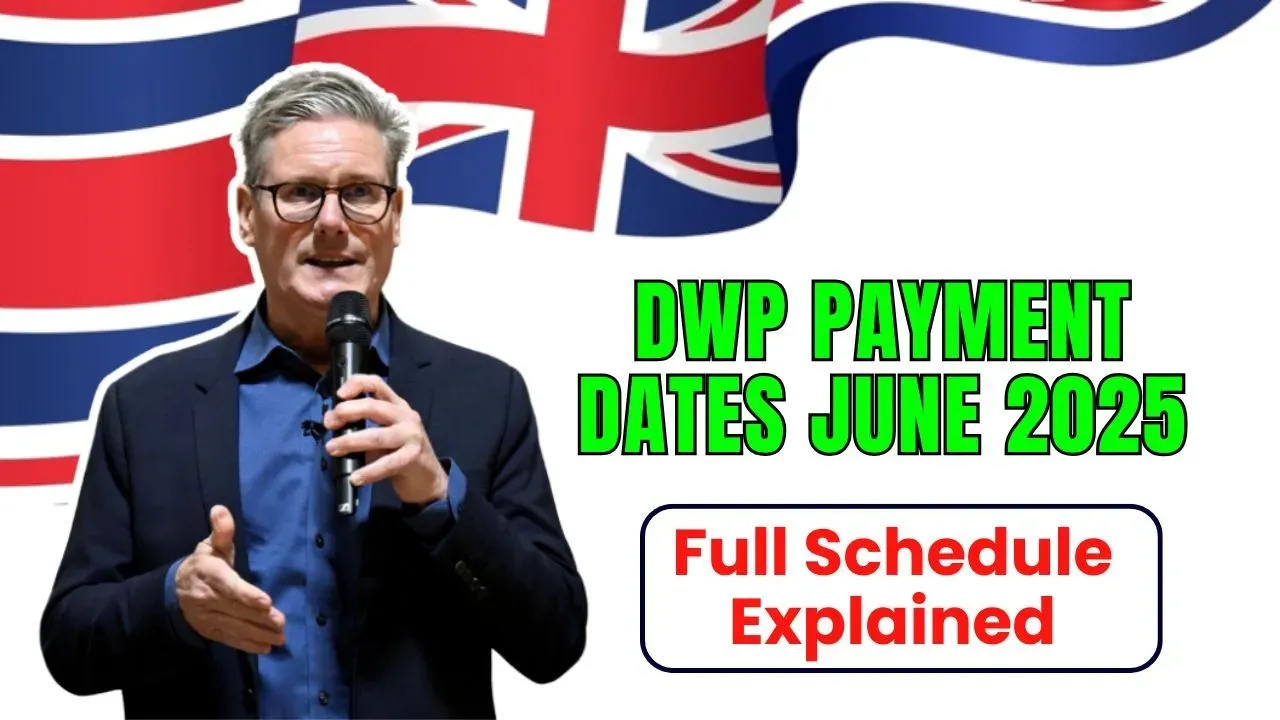£570 DWP Payment: Millions of households across the UK are set to receive extra support this year thanks to new updates from the Department for Work and Pensions (DWP). These changes come at a critical time, with many families struggling to manage rising costs for essentials. Among these updates, claimants on Universal Credit will benefit the most, as both benefit increases and repayment rule changes are being introduced.
The government has introduced a new benefit adjustment that could result in a £570 DWP Payment for certain claimants in 2025. The additional support includes a £150 average benefit increase due to inflation adjustments, and a rule change to debt repayment rates which will leave many families with an extra £420 per year. This guide breaks down exactly who qualifies, how the new rules work, and when the payments will arrive.
£570 DWP Payment: What You Need to Know
The £570 DWP Payment is the combined result of two key changes: a benefit increase due to the 1.7% annual uplift, and a new repayment policy for those with existing benefit-related debt. These changes are designed to ensure working-age households, especially those with children, receive more financial support in 2025.
Claimants of Universal Credit will receive an extra £150 on average over the year, thanks to the government’s annual benefit uprating. Additionally, up to £420 more per year could be retained by those affected by the Fair Repayment Rate rule change, which reduces deductions from benefit payments. These two factors combined mean that some households could receive a total boost of £570 this year.
Overview Table: £570 DWP Payment – Key Details
| Item | Details |
| Total Extra Support | £570 (combined benefit increase and repayment change) |
| Benefit Increase | £150 on average in 2025 (1.7% uplift) |
| Debt Repayment Change | Reduction from 25% to 15% max deduction rate |
| Extra Savings from Repayment Cut | Up to £420 per year |
| Eligible Benefit | Universal Credit (mainly), also affects other benefits |
| Implementation Date | April 30, 2025 |
| Number of Beneficiaries | 5.7 million households (Universal Credit claimants) |
| Target Group | Low-income households, especially with children |
| Administered By | Department for Work and Pensions (DWP) |
Department for Work and Pensions (DWP) Has Announced That Millions of Households Will Get a Boost of £150 This Year
The DWP has confirmed that working-age benefits will increase by 1.7%, which translates to an average £150 boost for people receiving Universal Credit. This annual adjustment is part of the government’s effort to keep benefits aligned with inflation and the rising cost of living.
Over 5.7 million working-age households will benefit from this change. Additionally, the increase also applies to other types of support like Disability Living Allowance, Carer’s Allowance, and Child Benefit, making the change impactful across different categories of recipients.
Overall, the Increase Is Set to Benefit 5.7 Million Working-Age Households
According to official figures, 5.7 million households currently receiving Universal Credit will see an increase in their payments. While the average boost is £150, the exact amount depends on individual circumstances. Those receiving other benefits such as Personal Independence Payments (PIP) are also included in the 1.7% uplift.
The boost is meant to ease daily pressures for struggling households, especially those trying to manage rising prices in food, utilities, and rent.
DWP Has Also Announced That Disability Benefits Are Also Set to Increase
In addition to Universal Credit, the 1.7% increase applies to disability-related benefits. This includes:
- Disability Living Allowance (DLA)
- Carer’s Allowance
- Child Benefit
- Personal Independence Payment (PIP)
This ensures that individuals living with disabilities, carers, and families with children will also benefit from the inflation-based payment uplift.
It Comes as 1.2 Million of the Poorest Households Could Get an Extra £420 a Year
A second major change relates to the Fair Repayment Rate, which governs how much money can be deducted from benefit payments to repay debts. Previously, up to 25% of a person’s Universal Credit allowance could be taken each month. That figure has now been lowered to 15%, leaving households with significantly more disposable income.
According to the DWP, 1.2 million households—including 700,000 with children—will be £420 better off per year due to this rule change.
Changes Are Being Made to the Fair Repayment Rate
The Fair Repayment Rate sets a cap on how much can be deducted from benefit payments to cover debts owed to the government. Effective April 30, 2025, this cap has been reduced from 25% to 15%.
This move aims to give claimants more control over their day-to-day finances and prevent hardship caused by high deduction rates. While repayments still need to be made, this new approach is more flexible and puts the needs of families first.
The New Rate Is Designed to Ensure People Can Still Cover Their Day-to-Day Needs
The DWP has stated that the reduction in repayment deductions is a balanced decision. It ensures the government can still recover debts while allowing people to retain more money for essentials. With inflation still high, this move will help many households avoid falling into deeper financial trouble.
The reduced rate helps people manage bills, groceries, and transportation without further pushing them into debt.
Our Plan for Change: Helping Households Keep More of Their Benefits
Chancellor Rachel Reeves commented on the changes, highlighting the government’s commitment to easing the cost of living. She stated that the £570 DWP Payment initiative is part of a broader “Plan for Change”, aimed at improving financial stability for low-income earners.
According to Reeves, 1.2 million households will now keep more of their benefits and be on average £420 better off every year. This shift is an important step towards reducing poverty and improving quality of life for vulnerable groups.
FAQs
1. Who qualifies for the £570 DWP Payment?
People receiving Universal Credit will benefit from both the £150 increase and the new repayment rules, making them eligible for the full £570.
2. When do the new rules take effect?
The changes were implemented on April 30, 2025.
3. Do I need to apply for the extra payment?
No application is needed. All adjustments will be made automatically based on existing benefit claims.
4. Will this payment affect other benefits or taxes?
No. These increases and savings are non-taxable and do not impact other benefits.
5. What if I am not on Universal Credit?
Other benefit recipients may still see increases from the 1.7% adjustment, but the full £570 benefit primarily applies to Universal Credit claimants.
Final Thought
The £570 DWP Payment for 2025 is a meaningful step in providing real financial support to struggling households. With rising prices continuing to put pressure on low-income families, the government’s updates aim to ease some of that burden. Make sure your records with the DWP are accurate so you receive the full benefit automatically.











